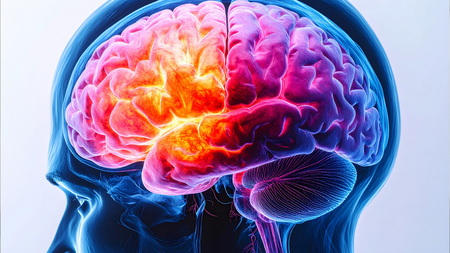New Delhi, 11 September (IANS). According to a study on mice, contact with micro and nano plastic can increase the risk of Alzheimer’s.
The micro and nano plastic present in the environment enter the human body through the air not only by drinking water or food.
This study of researchers at Pharmacy College, the University of Road Island, has shown that these plastic particles enter all the systems of the body including the brain and accumulate and cognitive decline (not working properly that does not establish the activities) and even Alzheimer’s disease can cause, especially in those who do genetic prostitutes.
This research has been done after a pre -study that showed how microscopic plastic enters all systems of the body and disrupt their activity. They affect the brain and can cause Alzheimer’s.
This new study published in the magazine, published in the magazine Environmental Research Communications, tested the mice that were genetically modified to include the Jean APOE 4 (a strong indicator of Alzheimer’s), which is 3.5 times more than those people, in which people are more than those in people, in which the APOi 3 types of children from parents are more than that of people. Is.
University’s Pharmacy Assistant Professor Zame Ross said, “Like humans, there is no guarantee that there will be any change in the power of thinking and understanding these mice. Your twins can also react differently, such as APOE 4 will be healthy, ie their thinking and learning ability can be good, then the other can be good.”
Ross further said, “This shows that there is some defect in our lifestyle or there is some disturbance in the environment. We are studying some convertible factors related to Alzheimer’s such as diets, exercises, vitamins, and especially microplastic such as environmental toxins (environmental toxins). Will it promote Alzheimer’s? “
The team then conducted several tests to investigate the cognitive ability of mice.
According to him, “Alzheimer’s afflicted men remain more indifferent; there is an impact on the memory of women. So the relationship of memory and apathy is absolutely clear: when you bring those animals in touch with micro-nanoplastic, see how their behavior changes, how does this distinction in them, just as we see in Alzheer victims.”
The team said that these results are very worrying. Micro and nanoplastic describe the side effects on the environment and human life.
-IANS
KR/















